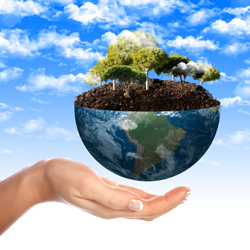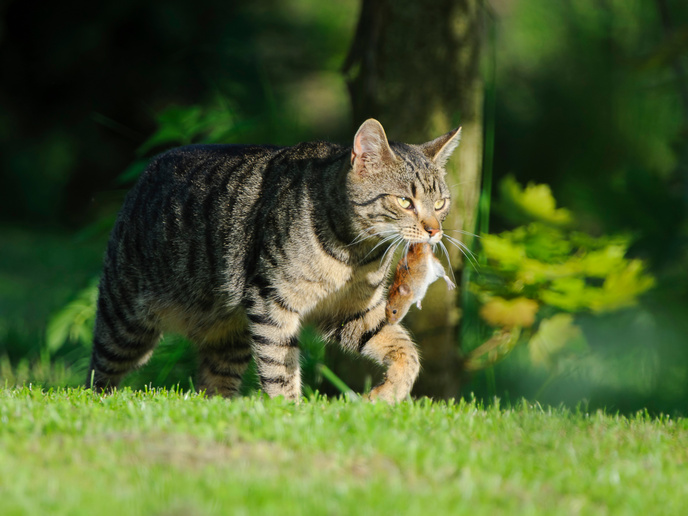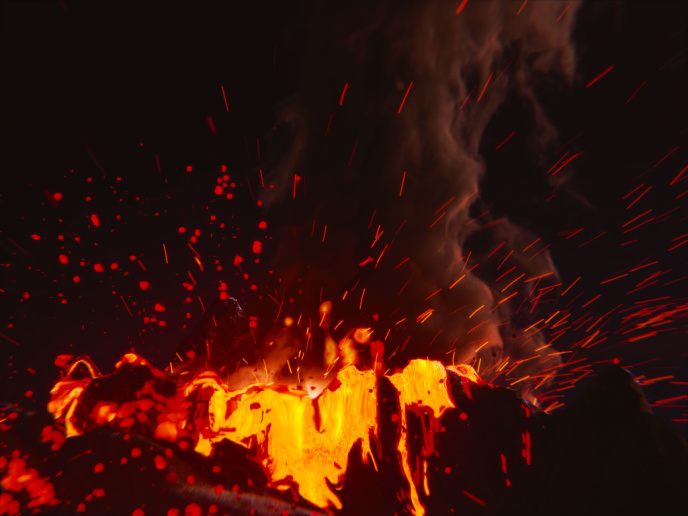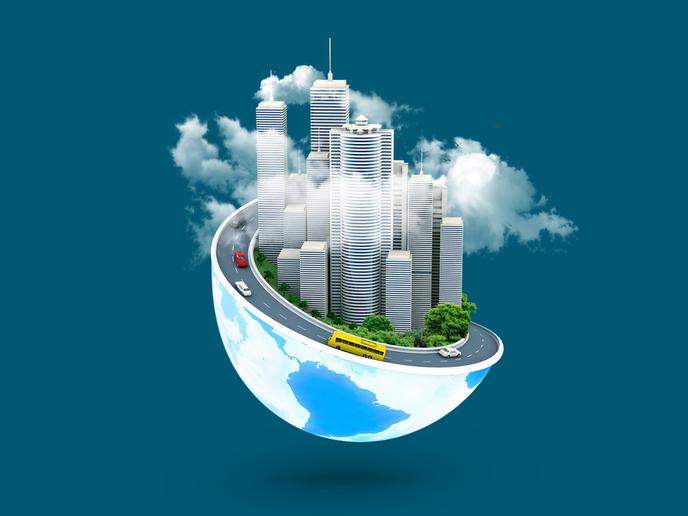Russia's living resources
Researchers have taken techniques used in environmental history and history of science research and applied them to the main objectives of the European Resrusenvhistory project. They include the analysis of changes in attitude towards living resources by different groups, the conflict between international and local knowledge of resources, and the international exchange of information. Examples of living resources include soil, forests, game and fish. All of these have played a leading role in Russia and the Soviet Union's economy before being superseded by mineral resources. Changing attitudes towards the exploitation of resources is a feature of modernisation that is found throughout the world. This has been especially true in the case of Russia and has helped shape the country's development into a modern state. Findings by the Resrusenvhistory project support the idea that the perception of resources by scientists, managers and authorities has changed over time. The 18th century concept of 'economy of nature' has been replaced by the modern notion of calculable and manageable resources. The initiative has been developed as of series of case studies, the first of which describes the colonisation of Russia's frozen north. The final case studies outline radical changes in attitudes towards resources in World War One, and the use of Soviet centralised planning in the mid-20th century. Results from the project will help improve our understanding of Russia's unique road to development and how information on resource use has been exchanged with the rest of Europe.







